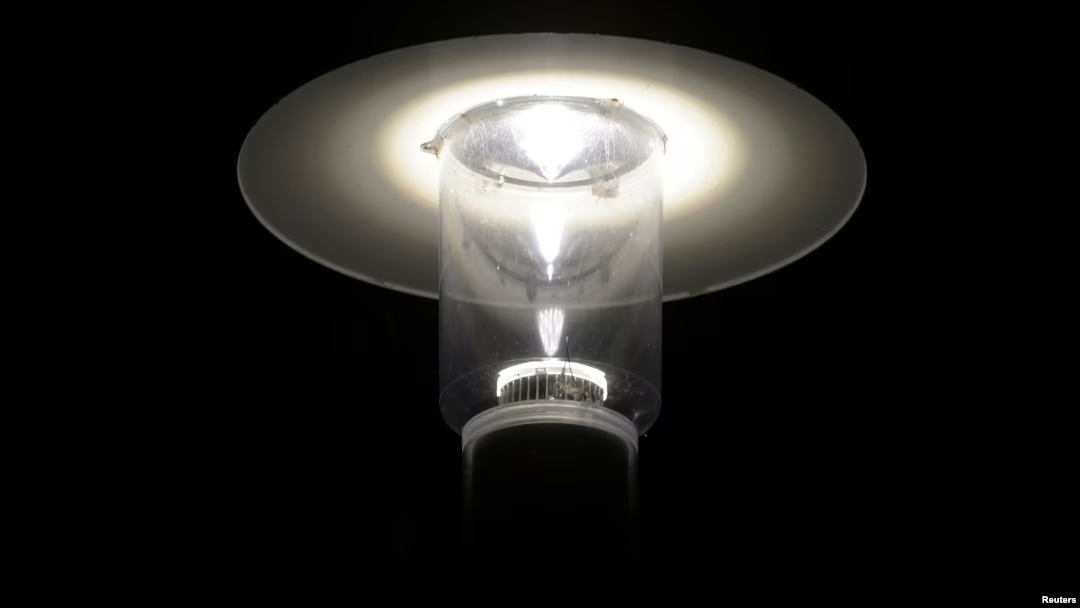The African Development Bank (AfDB) has approved a loan of €8.51 million ($8.7 million) to support Senegal’s “Programme to Promote Efficient Lighting Lamps” (PPLEEF), an innovative initiative designed to transform energy consumption across the country.
The project funding, which was announced on Monday January 13 on AfDB’s website, represents the AfDB’s first fully demand-side energy efficiency investment, positioning Senegal as a trailblazer in sustainable energy practices on the continent.
Read also: Senegal Receives €5.01m Digital Technology Park Fund From AfDB
PPLEEF targets nearly 700,000 households and 80,000 small businesses across Dakar, Thiès, and Diourbel, introducing energy-efficient LED lighting to replace outdated incandescent bulbs. This shift is expected to deliver significant energy savings, lower electricity costs, and reduce carbon emissions. The initiative will use an on-bill financing model, allowing participants to pay for the cost of the new bulbs through monthly energy savings, ensuring affordability and accessibility.
Innovative approach to sustainable energy
“The PPLEEF is a milestone for Senegal’s commitment to sustainable development and universal energy access,” said Jalel Chabchoub, Chief Energy Efficiency Officer at the AfDB. “The program will cut energy demand during peak hours and pave the way for introducing efficient appliances in subsequent phases. It’s a model for building a sustainable energy future in Senegal and across Africa.”
With annual electricity savings projected at over 189 GWh, the initiative aims to ease pressure on Senegal’s national grid while redirecting resources to enhance electricity availability and access for underserved populations. The AfDB emphasises that projects like PPLEEF reduce the immediate need for costly power plant investments by lowering energy consumption during high-demand periods.
Empowering households and businesses
The General Director of Senegal’s Agence pour l’Économie et la Maîtrise de l’Énergie (AEME), Mame Coumba Ndiaye, underlined the program’s financial and environmental benefits: “This project will have a positive impact on household and small business budgets by reducing energy bills. It also enhances grid stability and supports broader electricity access goals.”
Read also: Senegal blasts out its first satellite into space
As part of Senegal’s larger energy strategy, PPLEEF aligns with the country’s sustainability goals and reflects a broader continental movement towards energy equity. The program builds on the momentum of initiatives like ‘Mission 300,’ a partnership between the AfDB and the World Bank Group aimed at closing Africa’s energy access gap.
A scalable model for Africa
PPLEEF’s scalable and replicable design provides a template for other African nations seeking to adopt sustainable energy practices. With the AfDB having committed $6 billion to energy projects across Africa between 2019 and 2024, the Senegal initiative exemplifies the potential of innovative financing and technology to accelerate the continent’s sustainable development agenda.




